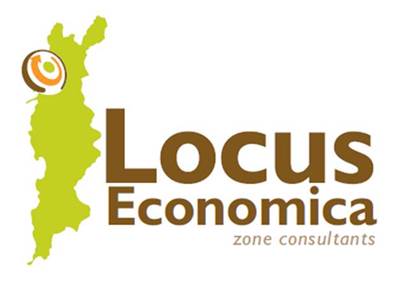Lesotho
The small country of Lesotho, a kingdom surrounded by South Africa, became independent in 1966 and established itself as a constitutional monarchy. Due to its geography and topography, Lesotho depends on a narrow economic base of textile manufacturing, agriculture, remittances, and regional customs revenue. Most of its foreign trade depends on South Africa, with manufacturing (especially clothing and footwear), wool, and mohair as its main exports.
The government of Lesotho has actively encouraged foreign direct investment (FDI) in all areas of the economy and has undertaken several policy reforms in recent years to improve the investment climate. For instance, it enacted the Land Act of 2010, which allows foreign investors to hold land titles so long as the local investors own at least 20% of the enterprise. It also passed the Companies Act of 2011, which strengthened investor protections by increasing the disclosure requirements for related-party transactions and improving the liability regime for company directors in cases of abuse of power related-party transactions.
Lesotho has several industrial parks that are owned and operated by the state-owned Lesotho National Development Corporation (LNDC).



In 2004, Locus Economica Founder and CEO Jean-Paul Gauthier evaluated the Kingdom’s industrial estates framework for the World Bank’s Foreign Investment Advisory Service (FIAS), in connection with the launching of bids to develop its first such estate in Tikoe. Today…